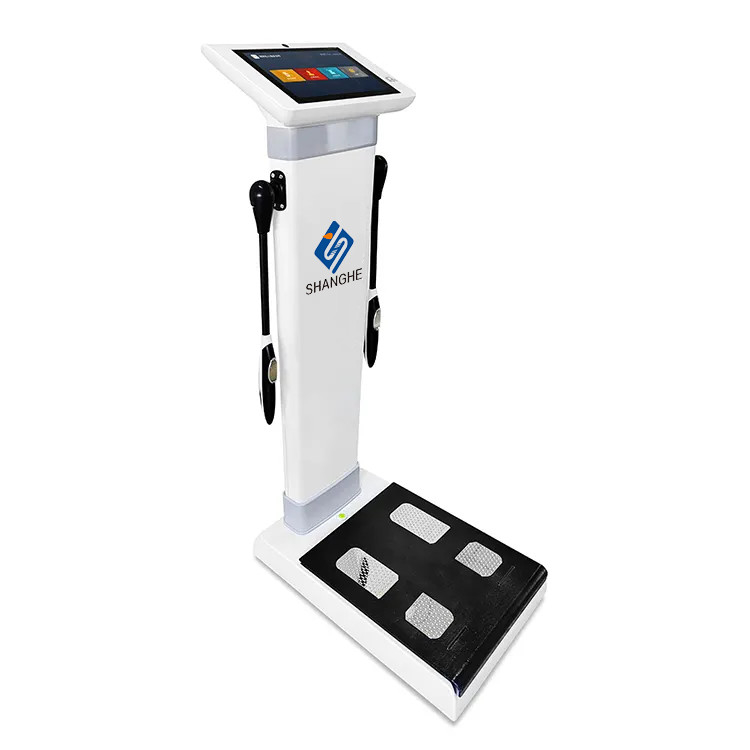The Truth About Body Analysis Methods
The Truth About Body Analysis Methods
Blog Article
Have you ever asked yourself what your posture reveal about your behavior? Body analysis seeks to explain how our physical traits and gestures connect to deeper psychological patterns.
Whether you’re a beginner or already familiar with body reading, this complete guide will give you valuable insights.
Keep reading to discover why body analysis matters. By the end, you’ll know how to avoid common mistakes when reading body language.
The Importance of Body Analysis
Character traits body analysis gives you an unspoken dimension of communication, helping in professional settings.
Even HR managers and recruiters can use behavioral observation in hiring decisions, gaining deeper insights into candidate personalities.
Ultimately, reading body language empowers you to connect authentically.

Types of Body Analysis
There are several methods within body analysis, each focusing on different aspects of the human body. One popular method examines physiognomy to infer emotional tendencies.
The “body explains” model, made popular by modern coaches, connects physical structure with specific personality archetypes.
Practicing multiple types of body analysis can give you a more complete picture of someone’s character and emotional state.

How to Apply Body Analysis
Look for patterns: does a person consistently cross their arms? Do they lean away when asked certain questions?
Coaches rely on physical cues to adjust their approach, noticing when a client feels blocked or energized.
The more you observe, the more intuitive your understanding becomes, allowing you to respond thoughtfully and authentically.
Misconceptions in Body Analysis
Relying solely on one signal can lead to misunderstandings.
Ethical practitioners of body analysis know it’s about observation, not judgment or labeling.
A third misunderstanding is that body reading is only useful for professionals like psychologists or detectives. In truth, these skills benefit anyone seeking better communication and awareness.
Understanding “The Body Explains” Method
It’s used by therapists to help people understand why they react certain ways and how to unlock hidden emotional blocks.
This approach isn’t about fixed rules but about noticing patterns and opening dialogue around them.
By learning how the body holds stories, individuals gain insight into their behavior and relationships.
Ethical Considerations in Body Analysis
Ethical practitioners use body analysis to support communication, not control or manipulate.
Body analysis should always be paired with active listening and curiosity, rather than rigid conclusions.
Ethics in behavioral body analysis means creating a safe, respectful environment where observation fosters growth, not shame.
Developing Body Reading Skills
Over time, you’ll sharpen your ability to detect subtle cues and contextual signals.
Practicing with peers or mentors can offer feedback to avoid overinterpretation or assumption.
As you develop behavioral body reading skills, aim to balance observation and empathy.

Conclusion: Is Body Analysis Right for You?
In conclusion, character traits body reading offers valuable tools for anyone seeking to deepen human connection.
The journey doesn’t end here: continued practice, reflection, and ethical use deepen your competence over time.
Body analysis is not about instant answers but lifelong learning.
FAQ About Body Analysis
What does body analysis mean?
It involves studying how the body expresses subconscious tendencies and communicates beyond words.
Can anyone learn body reading?
While it takes patience and observation skills, you don’t need professional certification to start applying it in daily life.
Is body analysis 100% accurate?
No single gesture or trait offers complete truth; ethical practice involves humility and openness to complexity.
Is body analysis useful for work?
Many industries benefit from understanding nonverbal cues for better collaboration and empathy.
How is body analysis different from reading body language?
Both overlap but body analysis may explore deeper character patterns linked to the body’s form.
ver a pagina Report this page